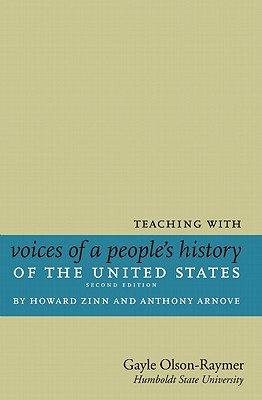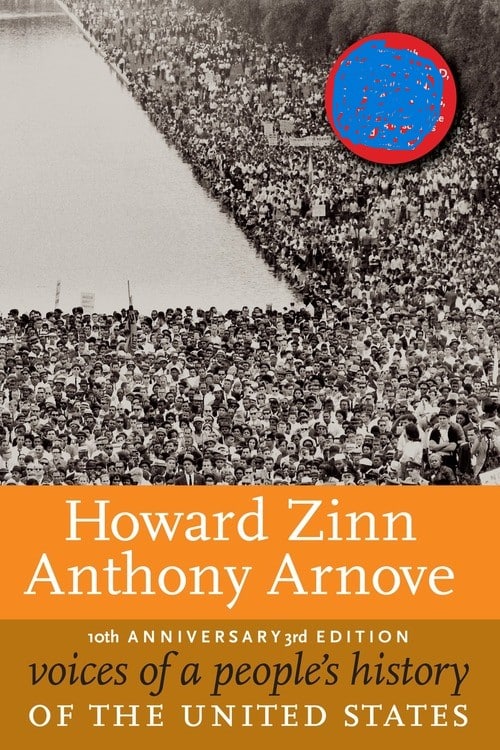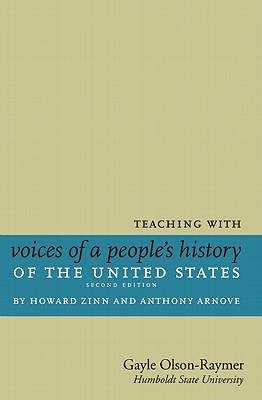
“Manifest Destiny”: The phrase is evocative of so many things that Euro-Americans call progress: populating the west with hard-working settlers, expanding profitable agriculture and industry, sharing the attributes of democracy and Christianity, and removing the Indians. For the American Indian people, however, such “progress” brought cultural, political, economic, and spiritual genocide.
Yet despite the movement of Euro-Americans who believed that they had the God given right to spread their “yearly multiplying millions” across continental North America, many Indian people resisted such encroachment. They united in peaceful and wartime opposition to the flood of westward expansion; they entered into trade agreements that encouraged strong economic ties with white Americans; they met with federal agents to plead for their survival; and they spoke in front of the Supreme Court in unsuccessful attempts to prove the unconstitutionality of state and federal actions. None of these efforts stopped the tide of Indian Removal, and no actions of the settlers could fully silence or stem the power and eloquence of Indian resistance.
Reprinted from Teaching with Voices of a People’s History of the United States, published by Seven Stories Press.
Classroom Story
As part of our classroom study of Westward Expansion, we took time to focus specifically on the Trail of Tears. This incident was used to exemplify the policies of the U.S. in regards to treatment of Native Americans. Classroom discussion was bolstered by question 10 on page 91 of the chapter “Indian Removal.”
It asks “If the United States government consistently broke its treaties with American Indian nations, why do you think they negotiated treaties in the first place?” as well as John Burnett’s statement on page 95 under number 3 “Truth is, the facts are being concealed… school children of today do not know that we are living on lands that were taken from a helpless race…” Geographical work was done to show the path of the Trail of Tears as well as to answer the question of why the term “Indians” was used in relation to the actual location of India.
The most powerful reaction from students came when they were asked to apply the situation to their own lives: “What would you do if someone came to your house with guns and told you to leave and march for a very long time and distance and give up everything? How would this make you feel?”
The resultant discussion was rich with questions and comments circling around the fact that native Americans were here long before European settlers came and wondering why European settlers thought they could just take the land. This lead into the following lesson on Manifest Destiny.










Twitter
Google plus
LinkedIn